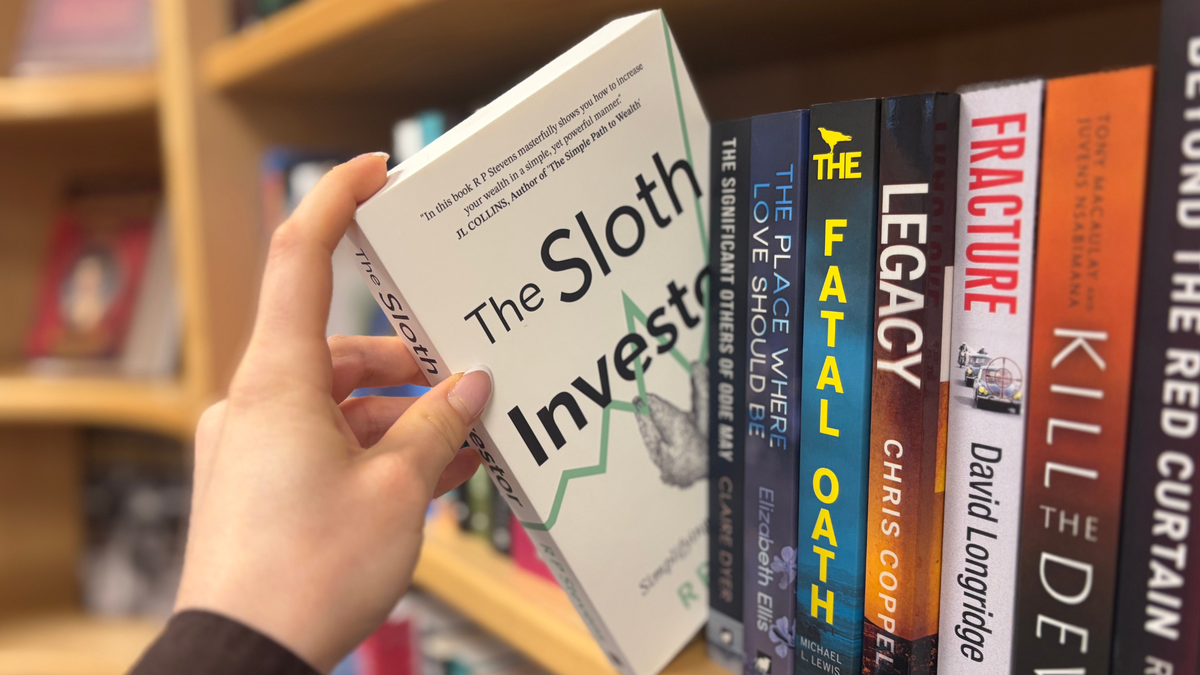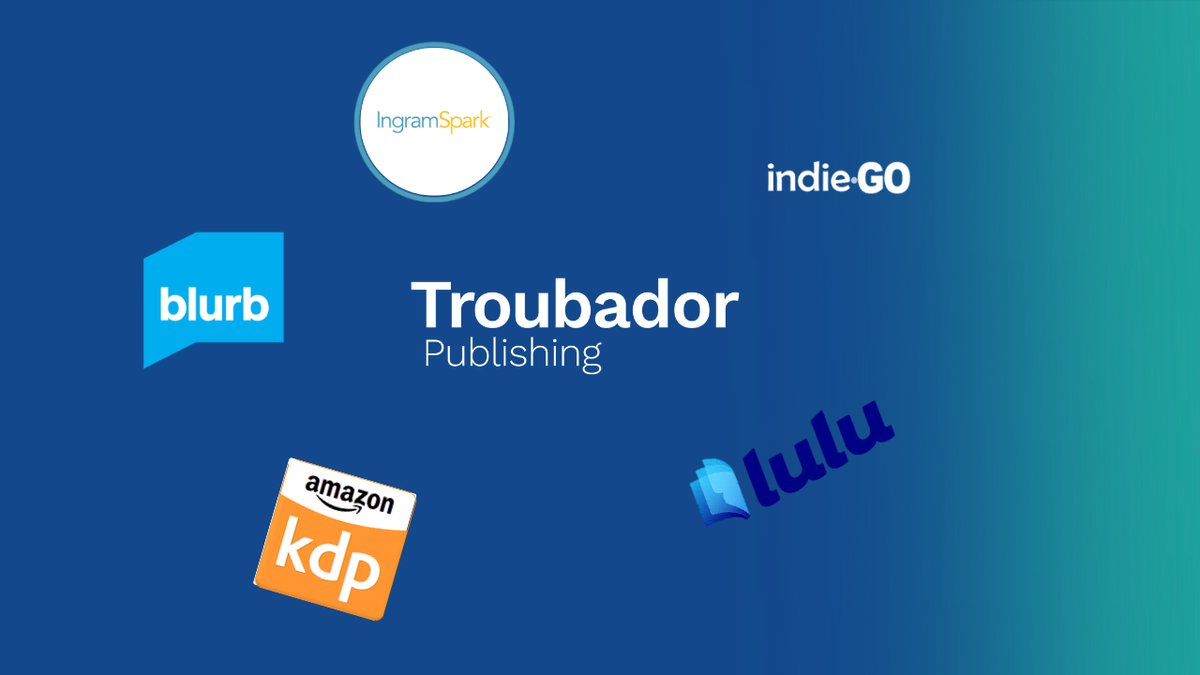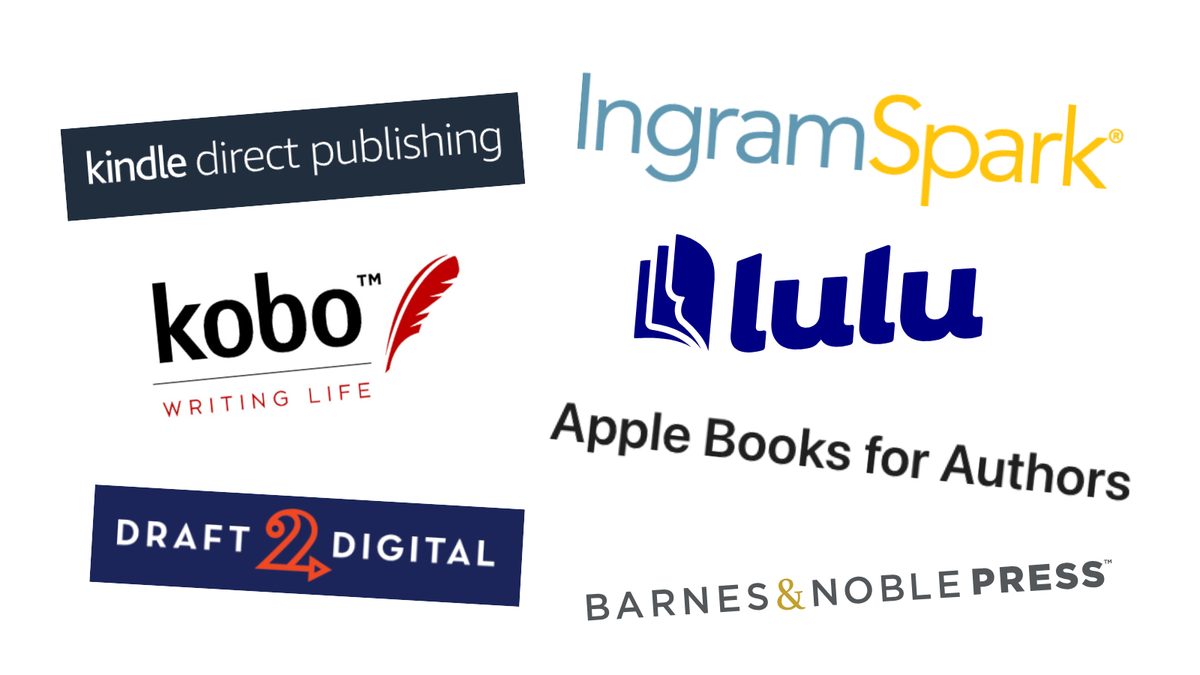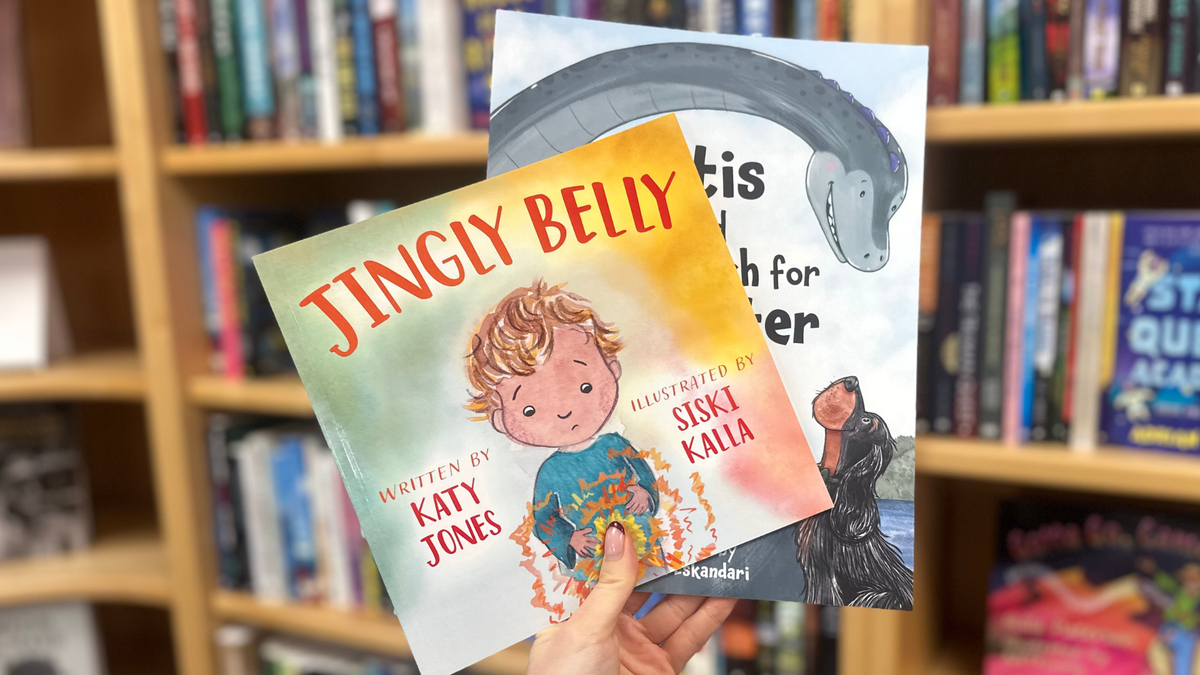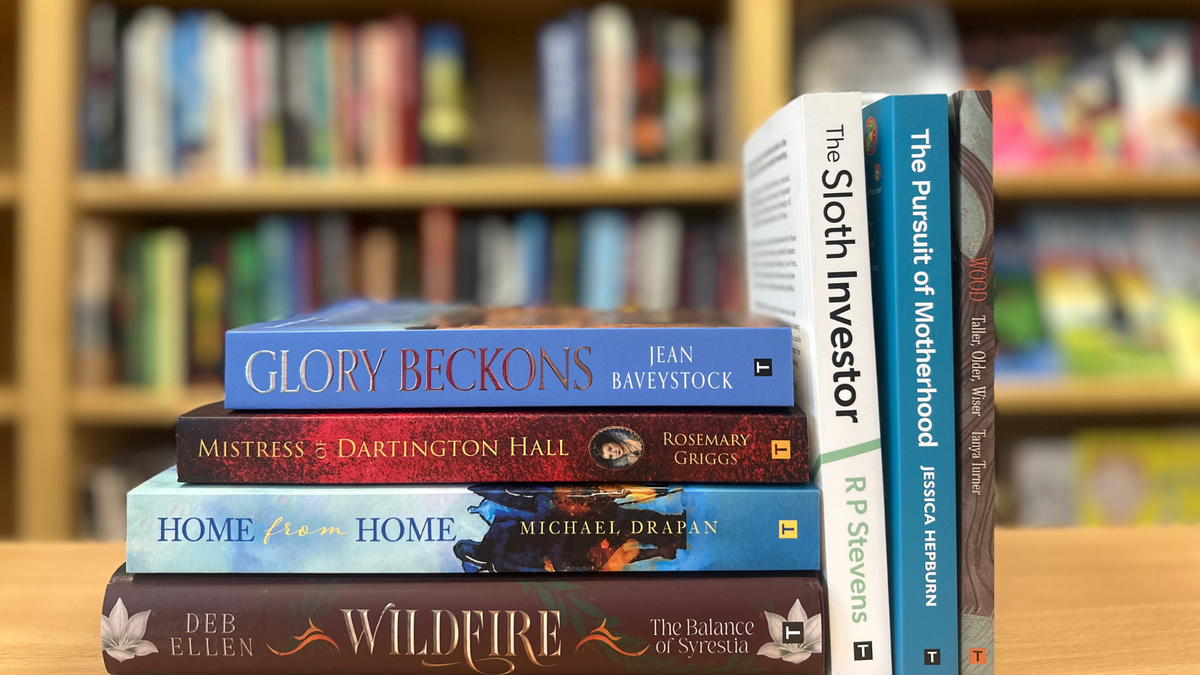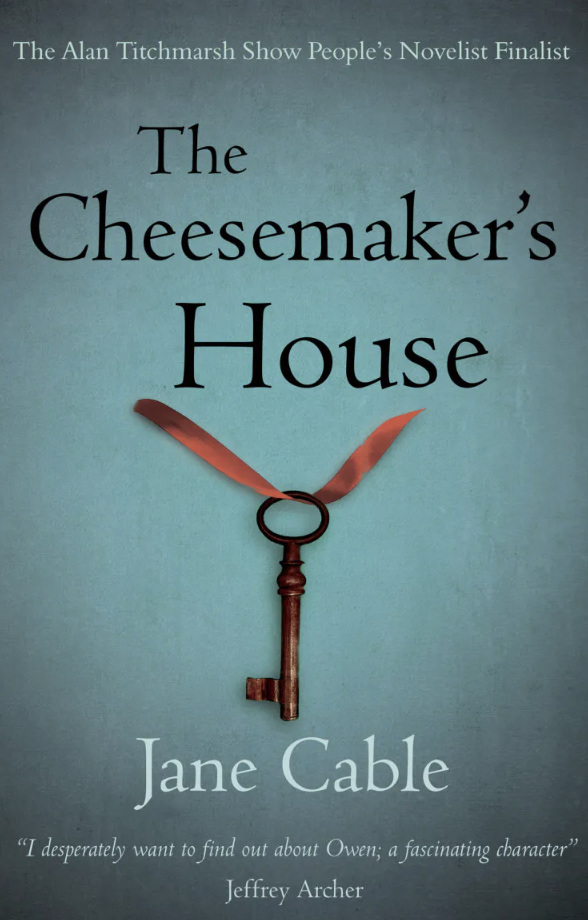
24th May, 2018
5 min read
FIVE YEARS ON: The Cheesemaker's House
Written by:
Troubador Publishing
Jane Cable published her first two novels independently through Troubador before her third was acquired by Endeavour Press. She writes a weekly column for Frost online magazine about the Business of Books, and this is Jane's look back at the first five years.
Just over five years ago I knew nothing about self-publishing, a fact underlined when I went to a conference on the subject organised by the Writers & Artists Yearbook and heard Troubador’s Jeremy Thompson speak. I knew nothing – but he seemed to know everything – so if I was to travel this road then I certainly wanted him in my corner. This year my debut novel, The Cheesemaker’s House, is celebrating its fifth birthday and it’s still selling well so in celebration of this I’m going to share five things I wish I’d known back in 2013 when it first saw the light of day.
Decide the amount of time you are prepared to spend marketing your book and double it. Then double it again. And again.
It’s probably the biggest bleat I hear from new indie authors ‘but I don’t know anything about marketing’. The simple answer is that if you want to sell a significant number of copies you need to find out. Yes, of course, Troubador help you and I’ve found their ebook marketing service indispensable, but they can’t do it all for you. Nobody can. The trouble is that for most authors marketing is way outside our comfort zones – we would much prefer to be alone at our desks, disappearing inside that special world where only our characters exist. But if you go to all the trouble and expense of self-publishing then you have to market as well. So many books are published every day that even the most brilliant will disappear without a trace if nobody knows about them. You don’t need to be an expert. Troubador will help you, and there are plenty of books and blogs on the subject out there. And if you can’t bring yourself to embrace marketing, grit your teeth and accept it as a necessary evil.
Seeing your book on the shelves of a bookstore is much harder than you think.
I’ve already mentioned marketing, but this is about selling – to most of us the older, uglier and altogether more frightening sibling of the pair. While Troubador has a sales module you can buy (subject to a minimum print run) it will largely be down to you to wear out your shoe leather going from shop to shop. If you decide on a printed book (and for me the future is probably digital only), Troubador puts the basics in place to make sure that should your bookshop decide to buy they can do so easily through normal wholesale channels. But it is up to you to persuade them. Why does your book deserve space on their crowded shelves when most are struggling to make a living and will sell far more J K Rowling? What marketing will you do to help them? Why will people buy your book as opposed to the one already in their window? I remember going into one tiny shop with a great reputation and leaving a free copy for the owner, only to discover they had later sold it to a friend of mine. As far as I know, they didn’t order any more. At that point I decided to leave the retail trade well alone unless there was a compelling reason for a particular shop to stock my particular book. Perhaps I’m not sufficiently thick skinned but I can only take so much rejection. 
Amazon algorithms are a law unto themselves.
There are many theories about how to work Amazon algorithms to put your book in front of more readers but either they move the goal posts pretty frequently or they’re all supposition in the first place. Do you need a certain number of reviews? A certain ranking in an obscure category? Do Amazon’s own books have an unfair advantage? We’ll never know for sure. The answer here is to influence what you can and ignore what you can’t. I’ve come to believe that the key to success on Amazon is largely due to the correct categories, keywords and metadata – concepts I was barely aware of five years ago but at which Troubador is expert and work with their authors to make sure they are right.
If you don’t know what a book blogger is then you’d better find out.
Straight after The Cheesemaker’s House was published I began reading a large number of reviews of the book. I was on holiday at the time (how naïve – on holiday on publication day!) and every morning would spend breakfast googling the title to see how many more had appeared. I soon discovered these were written by book bloggers and a whole new world opened up in front of my very eyes. Troubador had submitted The Cheesemaker’s House to Netgalley and because it had done well in a high profile competition it was selected as one of their books of the month. It could not have had a better start. Because I am a polite sort of person I emailed each and every blogger to thank them and so began relationships that would help me both as a writer (to promote my books) and as a reader, to find my next favourite novel. In the last five years book blogging has changed beyond all recognition as traditional publishing houses have discovered the worth of the better ones and they are now flooded with titles to review and offers to take part in big-name blog tours. Remember this – none of them are paid for blogging (although some have ancillary businesses) and they all have submission guidelines. They are wonderful, warm, people – real human beings like you and me. It sounds obvious but there are a number of writers who are so rude to them it beggars belief. A little mutual respect and support goes a long way.
The friendship of other authors is a treasure beyond riches.
When I first published The Cheesemaker’s House I had only two writer friends, both of whom I’d met when the book reached the final of the Alan Titchmarsh Show’s People’s Novelist competition. But all the same, it was good to compare notes, albeit in a very small way. Almost a year after publication I found, and joined, Chindi Authors, a group of independent authors close to where I lived. It was amazing to be able to sit around the table with other writers and share experiences and expertise, helping each other along the self-publishing journey. Marketing together – and selling together – pays dividends. You would be amazed how much easier it is to persuade a wavering reader to buy someone else’s book. But friendship with other writers doesn’t end there – for me, it’s largely about mutual support. Whether virtually in Facebook groups such as The No 1 Author Ladies Buddy Agency or in the real world through organisations like the Romantic Novelists’ Association which has both national events and local chapter meetings. As someone said at an informal writers’ lunch recently, “Where else can you talk about the voices in your head and not be considered a little crazy?”
Contact Jane via her website


